Prof Antonio La Viña on Senator De Lima’s Case
People must know that there are consequences of human rights violations So argues Professor Antonio La Viña, a fierce human rights advocate and law teacher. A resolution calling for Senator Leila De Lima’s immediate release was recently introduced in a U.S. Senate Committee and a Bill was approved banning the entry into the USA of “Philippine officials involved in the [illegal] detention of Senator Leila M. De Lima.” Malacañang’s response was that the “U. S. Senate's move is a "brazen" attempt to intrude into the Philippines' internal affairs,” and that “it treats Manila as an ‘inferior state’." Professor Antonio La…

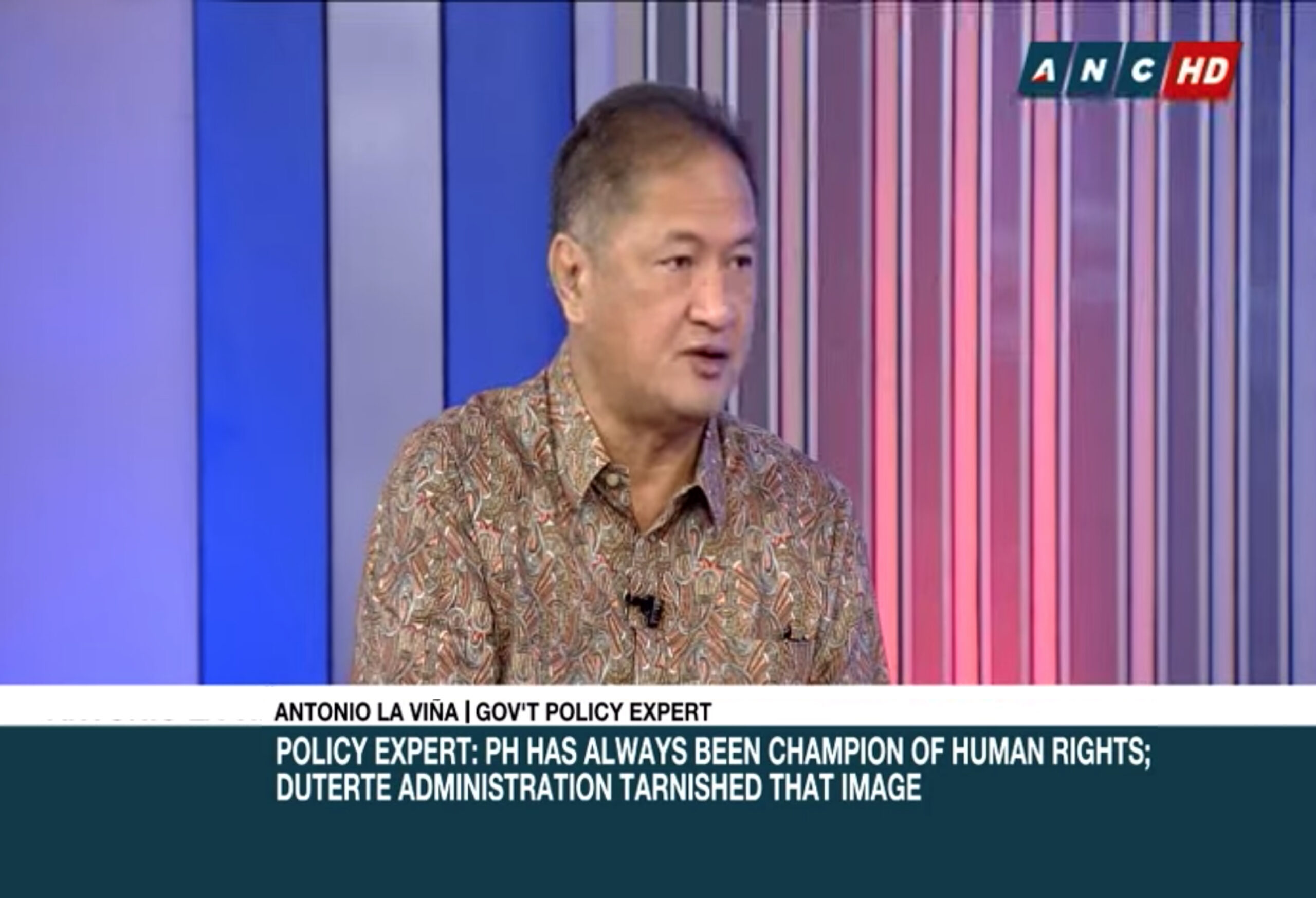
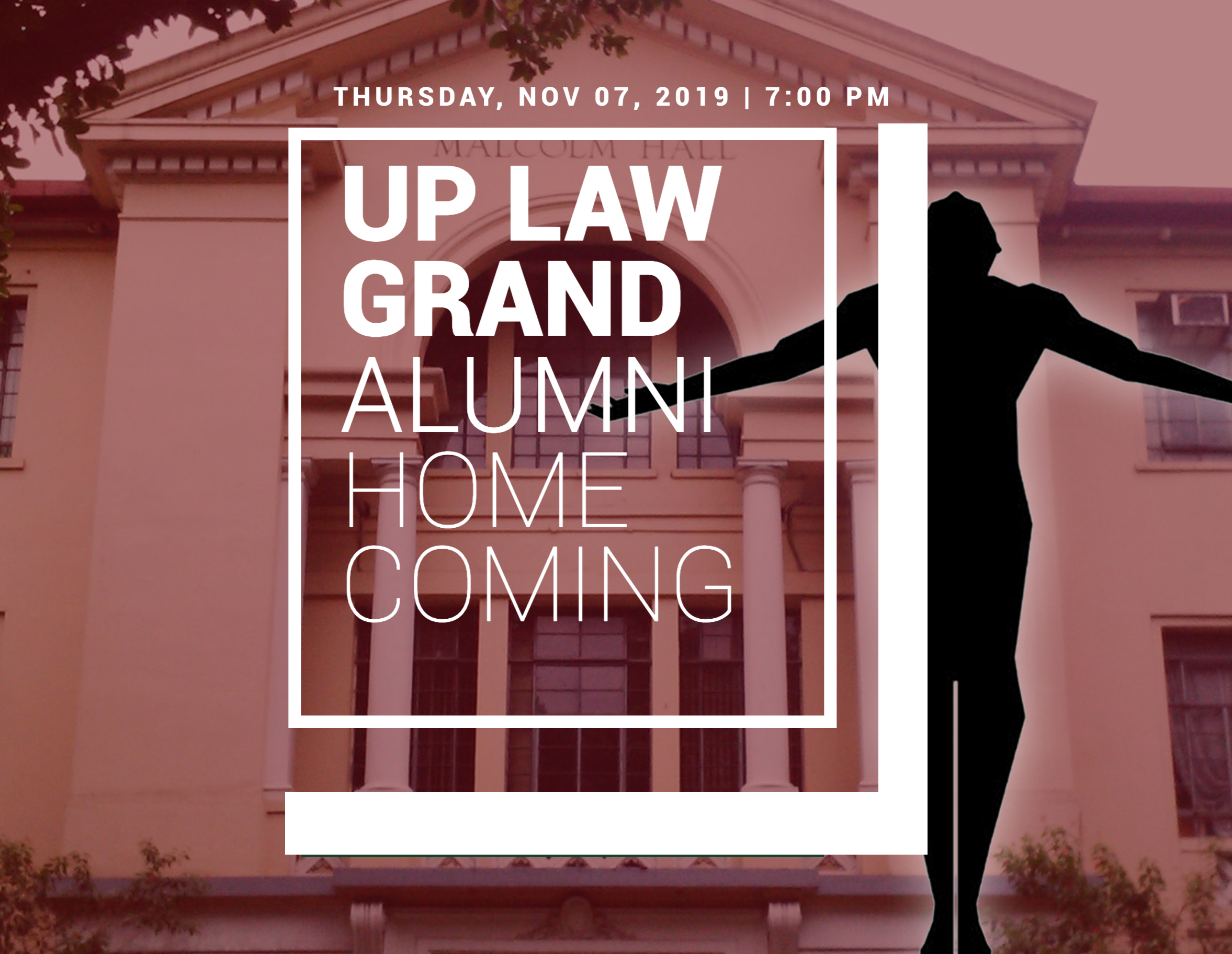
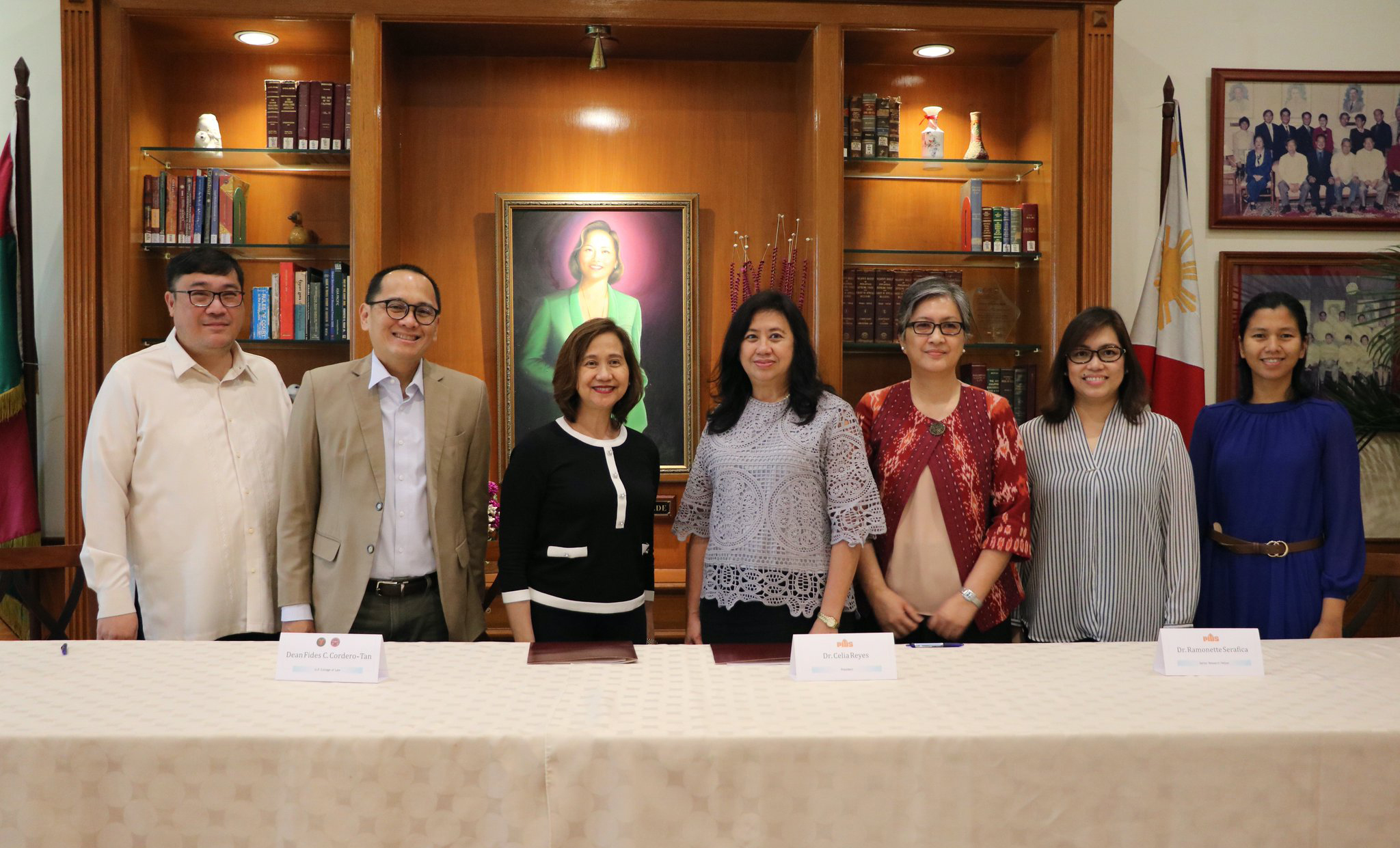
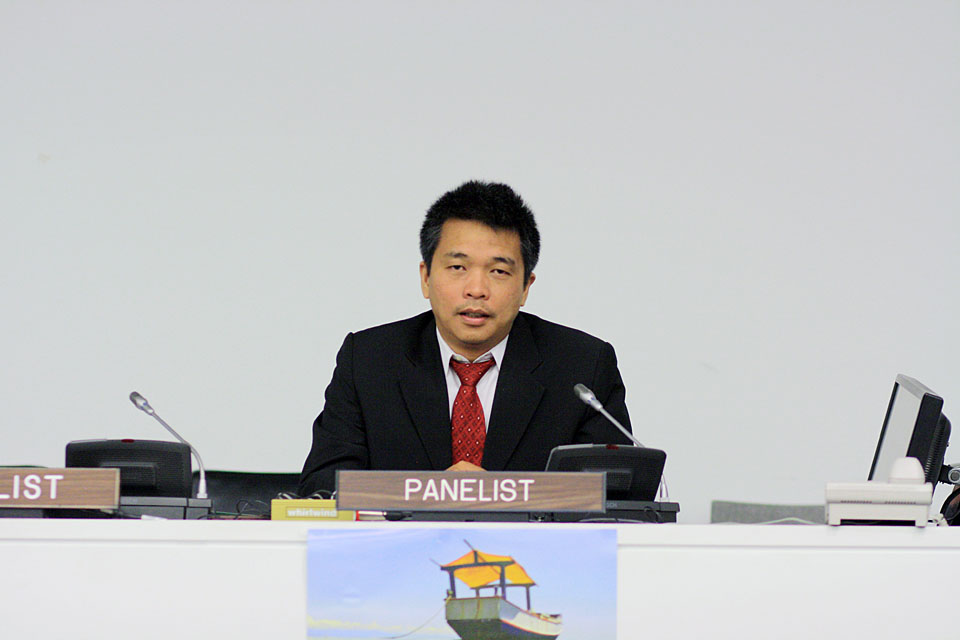
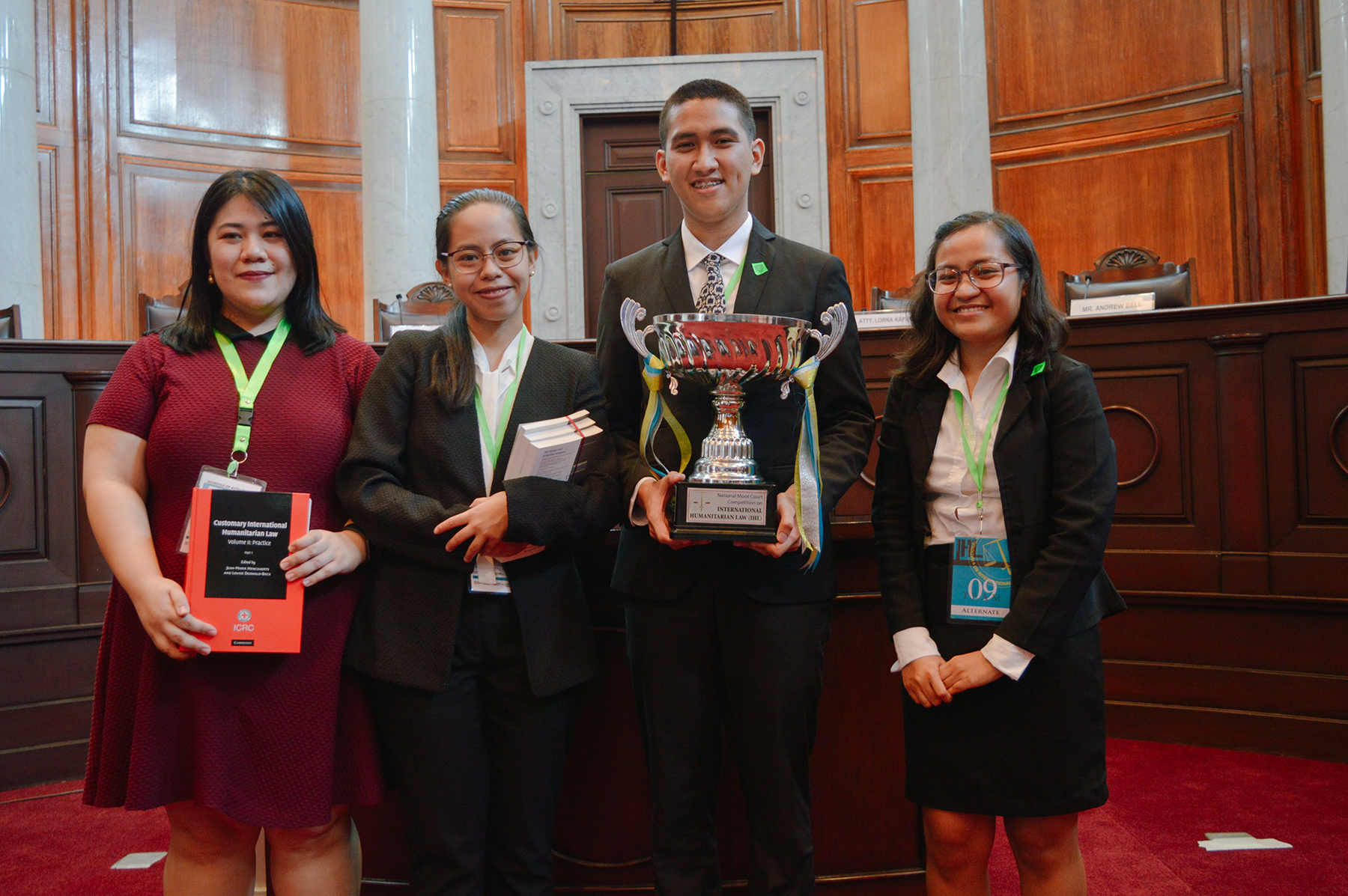
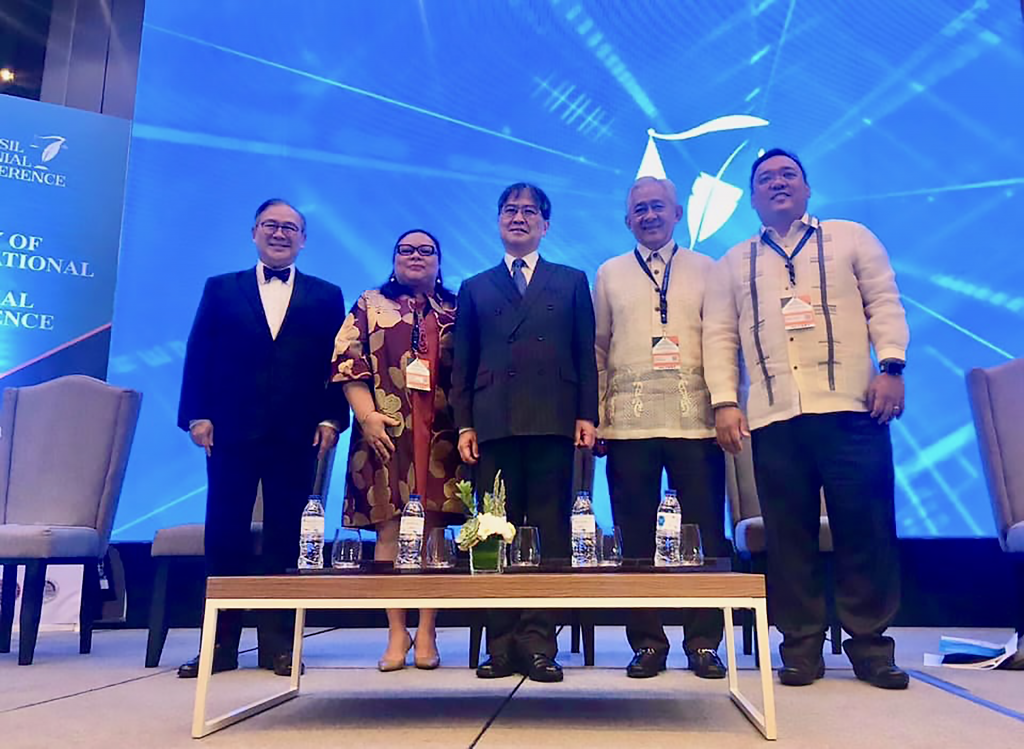






































































































 on the upper right corner to select a video.
on the upper right corner to select a video.